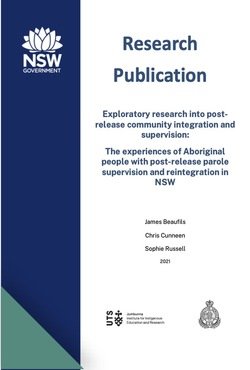By James Bonta
The search for ‘what works’ in the assessment and rehabilitation of justice-involved persons dates back at least to the 1960s and an argument can be made that it is even earlier than that. However, it was probably Lipton, Martinson, and Wilks’ (1975) review of the treatment literature that catapulted ‘what works’ to the forefront of correctional research and practice. The story of their review and Robert Martinson’s popularisation of the review is well known. The conclusion from the review was that ‘these data…give us little reason to hope that we have in fact found a sure way of reducing recidivism through rehabilitation’ (Martinson, 1974, p.49). This proclamation was quickly translated into ‘nothing works’ and opened the gates to the ‘get tough’ movement. After all, it was argued, if treatment does not work then our only alternative is to punish law-breakers justly and fairly in the hope that it will deter them from further crime. The view that ‘nothing works’ did not go unchallenged. Ted Palmer (1975) was almost alone in supporting rehabilitation efforts at the time. …
Manchester: HM Inspectorate of Probation, 2023. 13p.





